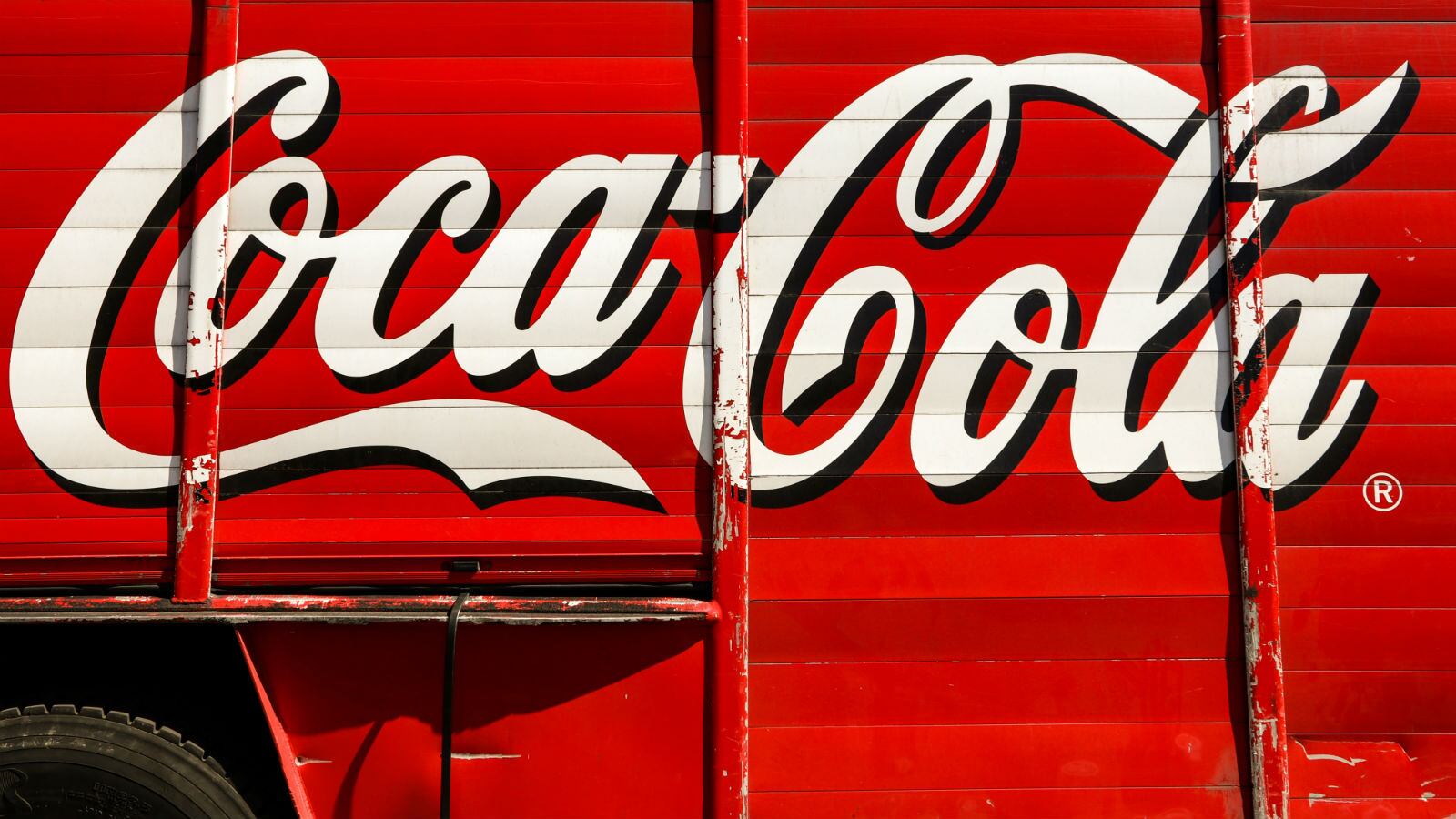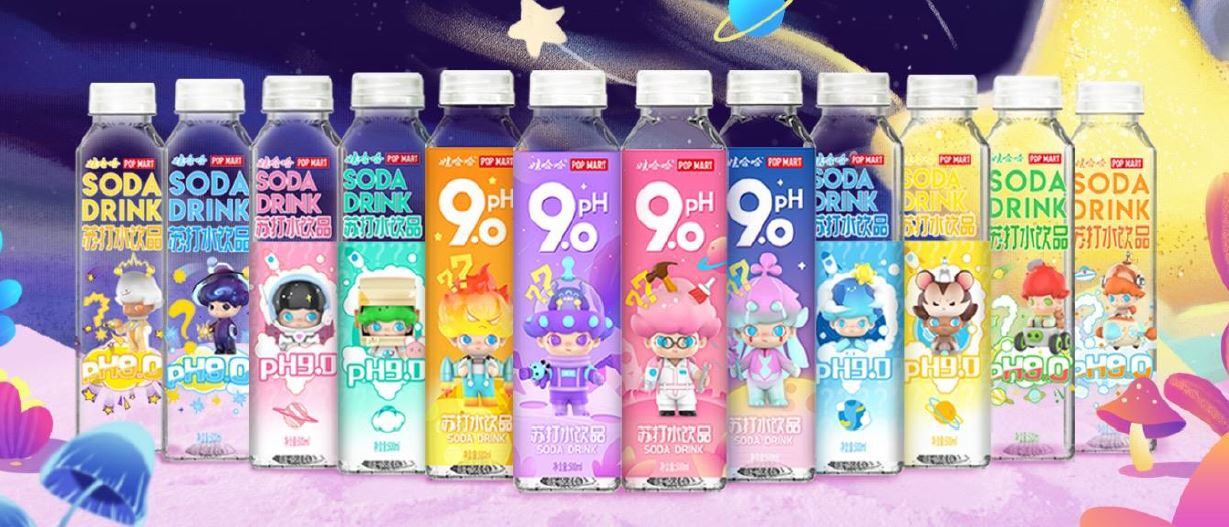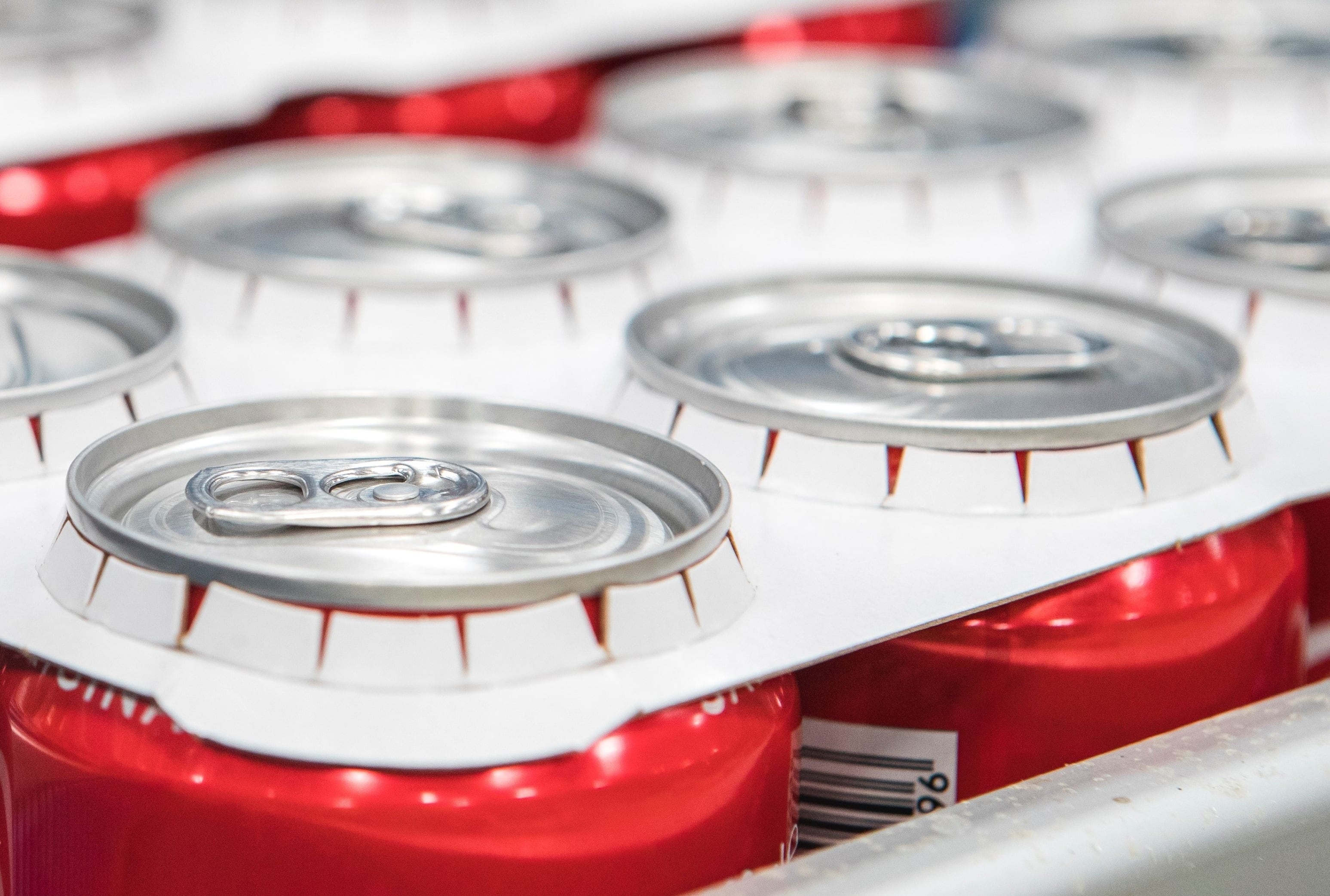Amatil is in the midst of discussions with CCEP over the latter’s A$9.8bn (US$7.59bn) takeover offering bid, a process that is ‘still in play’ at the moment as it awaits a shareholder vote come April, according to the firm.
Amidst these major changes, Cola-Cola Amatil also recently launched new sustainability goals all the way from now until 2040. The firm’s Group Head of Sustainability Mary Ann van Bodegraven told FoodNavigator-Asia that even if the takeover transaction goes through as expected next month, no major changes are expected to happen to these sustainability plans.
“The CCEP transaction is still playing out so I cannot reveal too many details at this point, bit I can say that these sustainability strategies we’ve planned out are well-aligned with strategies at both CCEP and The Coca-Cola Company globally,” said van Bodegraven.
“So we’ve got a great starting point already and we don’t expect any drastic changes to these plans due to the transaction [but] if there are any tweaks to be made the alignment means that integration can be made as required.”
The sustainability strategies until 2040 include 10 core objectives, such as a commitment to net zero carbon emissions, 100% renewable energy, sugar reduction for non-alcoholic beverages, net zero water and recycling solutions in all its markets.
“One of the most important areas of focus here is for consumer well-being, where we’re looking to reduce the sugar content (grams per 100ml) in our total non-alcoholic beverages portfolio by 35% in Indonesia, and 20% in Australia and New Zealand by 2025,” she said.
‘These initiatives will be baselined on 2015 numbers, and we’re actually pretty confident of achieving this in all markets we’re in including Indonesia. Indonesians do like their sweet drinks, but we’ve put in an ambitious reformulation programme there to use non-sugar sweeteners to deliver the same flavour and taste profiles for local consumers without the sugar content.
“These will comprise both natural and artificial sweeteners from stevia to sucralose in our NPD, and other things we’re promoting like the purchase of more water and existing products such as the Coke No Sugar performance will all contribute to this goal.”
Recyclable packaging has been a very big focus for the firm in Australia and New Zealand, and as it is looking to ‘close the loop’ on packaging in all its markets including Indonesia by 2030, ideas and technology from these markets are looking likely to be ported over.
“We are one company of course, so the aim is to share key knowledge and technology between markets to help achieve this goal overall,” said van Bodegraven.
“We want to achieve pack-to-pack recycling solutions in all countries where we operate by 2030, including Indonesia, so we will certainly be bringing tech such as the 100% PET tech for soft drinks that was developed in Australia over.
“The other thing we are working on is building a recycling plant in Indonesia so as to increase recycling rates – there is a lot more work that needs to be done in places like these for packaging collection, and we are aware of this, which is why we are very focused on building networks such as this, and especially those focused on PET.”
Amatil also intends to be using 50% average recycled or renewable content across all packaging by 2030.
Wind and water
Renewable energy will also remain a top priority for Amatil in the years to come, as part of its overall net zero carbon emissions commitment to be met by 2040.
“Solar and wind power especially are still very much a priority for us, especially with the 2040 commitment,” said van Bodegraven.
“We definitely want to be using 100% renewable electricity in Australia and New Zealand by 2025, and we’ve been purchasing wind and solar in line with that, but this is also important to us in all our markets.
“Fiji is already using renewable energy, and in Indonesia we’re building a plant with the largest rooftop solar installation in the country, one of the largest in South East Asia too. Phase One of this project started last year and we will be expanding it this year.”
Amatil has also already achieved one of its targets relating to water, where it committed to net zero water use by 2020, replacing more water into the environment than it used for manufacturing.
“Across the group, I’d say we’re now replenishing about 242% the amount of water used in production back into the environment,” she said.
“This offsetting of water use does really resonate with people, and so we’ve really focused on this a fair bit – in Indonesia we’ve done a lot with infiltration wells (dug so water can flow back to underground reservoirs) and community access wells for villagers to get water, in partnership with The Coca-Cola Company.
“In Australia, there’s been Project Catalyst where we work with sugarcane farmers to help reduce the fertiliser and nutrient load from their farms, trying to help protect and benefit Great Barrier Reef in particular from the effects of these which would go back into waterways leading there.”
Other sustainability goals leading up to 2040 include working with local communities, employee diversity, zero-harm workplaces, building more external partnerships, responsible sourcing and sharing sustainability strategies along supply chains.




